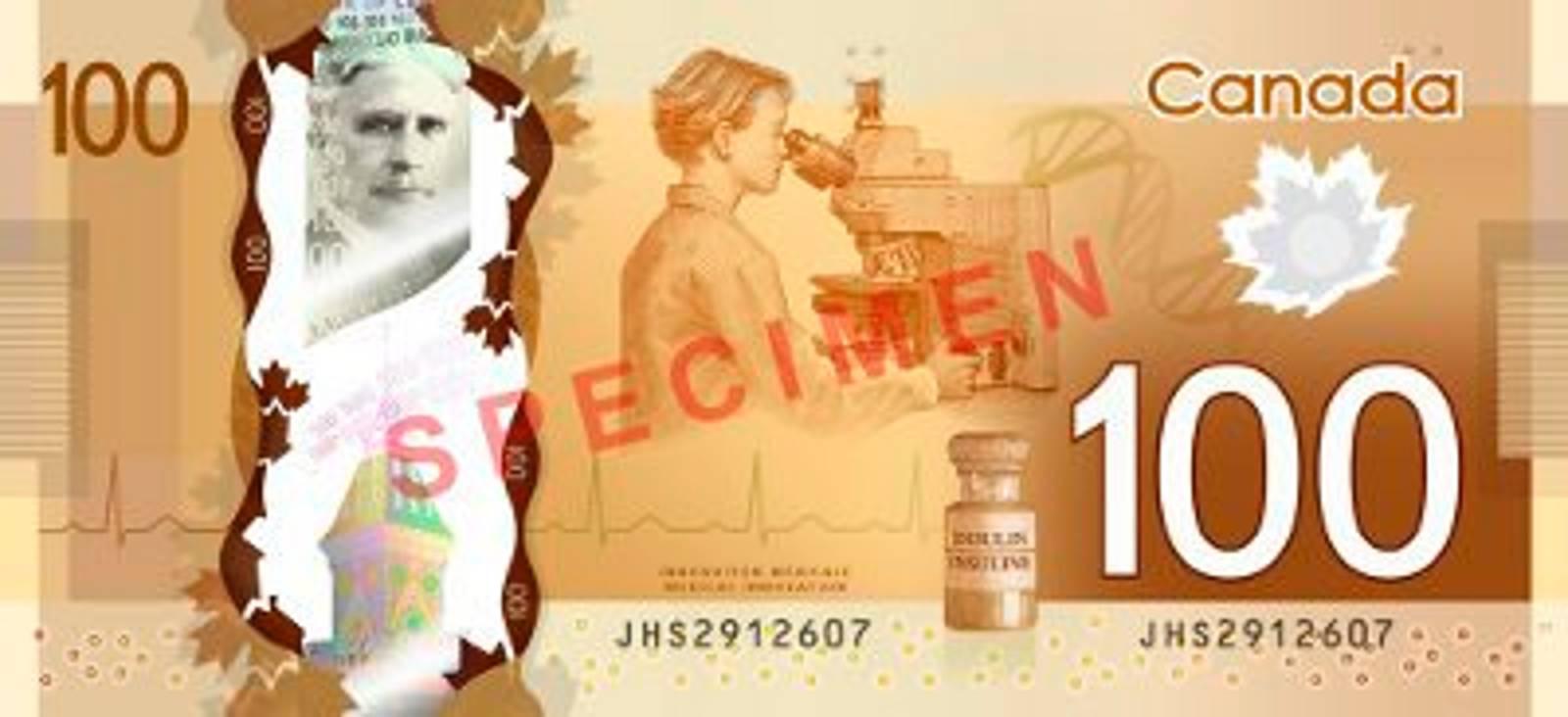Opinions This is a debate article. The message expresses the writer’s point of view.
This year’s general elections have diverted much attention from political activities in other parts of the world. It’s natural, right? Many of us are eagerly following what is happening in Germany, where elections were held on September 26, the day after the elections in Iceland. However, many probably did not even realize that there was another election exactly one week after our general elections, and this in a country which, although distant, is a close ally of ours, namely the Canada. Canada is also a member of NATO and has many similarities with the Nordic countries, notably Norway. Canada is a Nordic country with polar regions, with nature similar to Norway and an indigenous population. There were elections in Canada just two years ago, but since Parliament adopted the possibility of calling elections outside the legal deadline of four years, Prime Minister Justin Trudeau has been tempted to call new elections.
Indeed, Trudeau’s Liberal Party has governed with a minority government that depends on the support of smaller parties in recent years, and now a majority government with better governance opportunities could perhaps be achieved. This is also what happened this summer, at a time when it seemed that the electorate greatly appreciated a government that was sufficiently competent and not overzealous. In a commentary article in the Canadian weekly Macleans, Stephen Maher writes that this year’s election, which was initially very exciting in many ways but was later described as both pointless and boring and a costly $600 million opinion poll, not least because the result was pretty much the same as before the election. Nevertheless, the election campaign provided a number of enlightening answers on important questions in Canada today. As elections approach, even those who are not usually interested in politics must take a stand. An election is therefore something completely different from an opinion poll.
Finally, the promised investment in federally subsidized kindergartens is coming to fruition. The Trudeau government has now promised that $30 billion will be used to build more kindergartens across the country over the next five years. The goal is that no one has to pay more than ten dollars a day for a place in a preschool. This promise likely resonated strongly with many women who have had to work in difficult healthcare jobs during the pandemic. Here, the Conservatives had instead promised good tax cuts for those who spend money on places in kindergartens.
When it comes to CO2 reductions and climate taxes, the Liberals are finally implementing their previous promises, which is becoming easier to do since the Conservatives have changed their strategy since the last election and are now also advocating a reduction in emissions of CO2. The money collected thanks to the CO2 tax must then be returned to the least emitting citizens; in other words, a reward with social justice as a means of action.
There needs to be more emphasis on justice for the indigenous population. This has been seriously discussed in the media over the past year, particularly in relation to the revelation of grotesque children’s graves which have been discovered in recent years outside closed boarding schools for Aboriginal children. Trudeau promised during the last election campaign that all Indigenous children should have access to clean running water. This is actually what the leader of the Conservative Party mentioned first in his speech when he acknowledged his electoral defeat, namely that he should be particularly careful in the future. Commentators see this as a step forward in demanding justice for the indigenous population. “Canada has moved to the left.” Canada has turned to the left, also with higher taxes for the rich. The conclusion drawn by commentator Stephen Maher is that Canada is moving towards a more social democratic society, a welfare state society more similar to that of the Nordic countries. As Maher writes: Since the Nordic countries have the highest standards of living in the world and the best levels of health and equality, it is understandable why Canadian voters like it, especially young urban voters who have experienced precarious employment due to the pandemic. . The Liberal Party, a centrist party, shifted its policies toward the more left-leaning NDP, while the Conservative Party moderated its policies toward the Liberals. The culture wars and Trumpism of the great neighbor to the south, the United States, do not seem to please Canadian voters. So even though support between the three major parties remained roughly unchanged after the election, the entire political landscape shifted to the left in Canada.

“Passionate pop cultureaholic. Proud bacon trailblazer. Avid analyst. Certified reader.”







